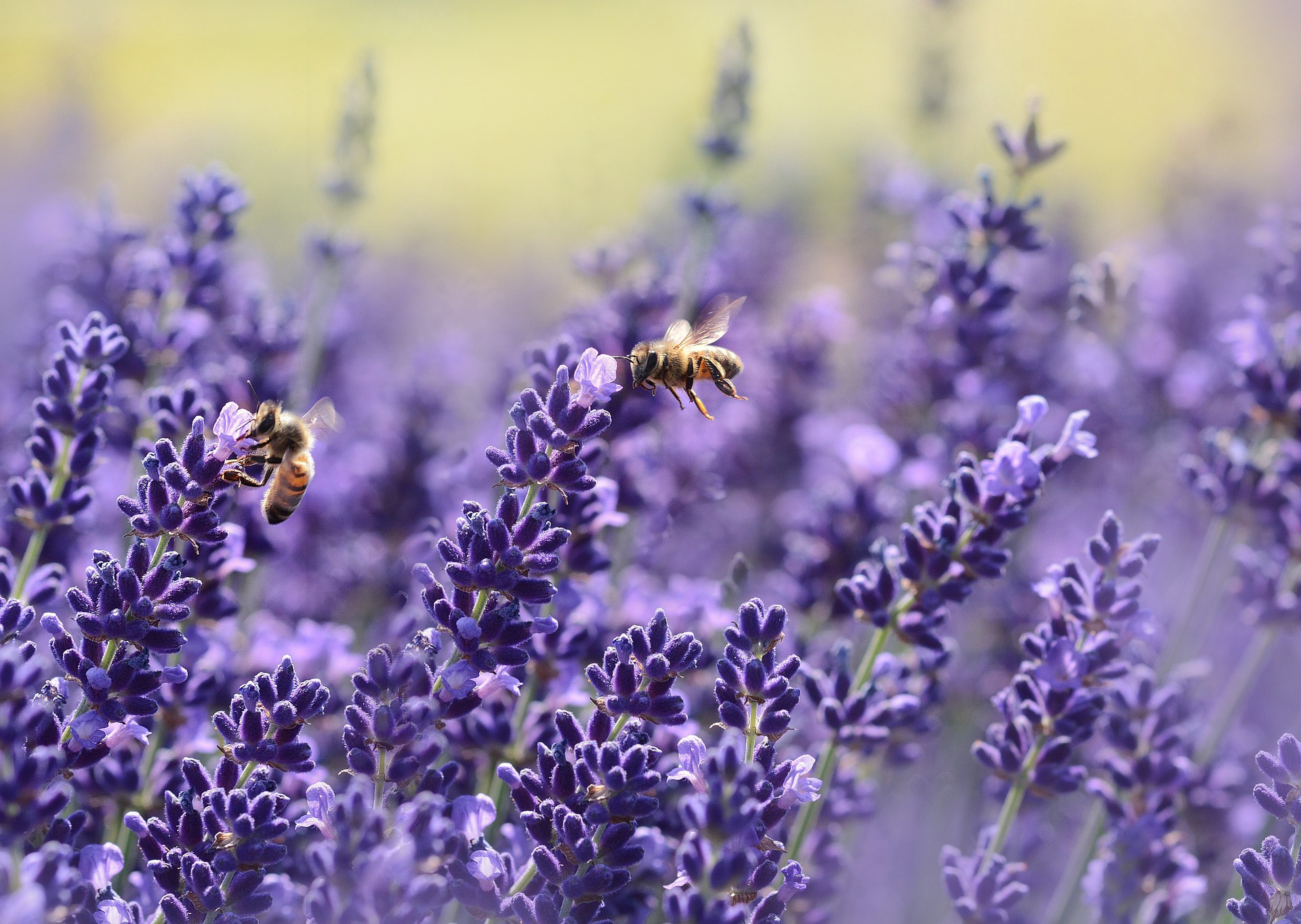
Adapted from a press release by the office of Gov. Jared Polis.
Colorado State University’s Office of Engagement and Extension, in partnership with Gov. Jared Polis, the Colorado Department of Natural Resources, Xerces Society for Invertebrate Conservation and University of Colorado Museum of Natural History, has co-authored the most comprehensive report of pollinator health ever undertaken in Colorado. The study assesses the health of Colorado’s native pollinators, evaluates state policies for safeguarding pollinators, and makes recommendations on how to preserve and protect them.
Gov. Polis released the Colorado Native Pollinating Insects Health Study Jan. 3 at the Butterfly Pavilion in Westminster.
“Pollinators play a critical role in Colorado life,” Gov. Polis said. “From Crested Butte’s beautiful spring meadows to Palisade Peaches and Rocky Ford melons, Colorado’s pollinators sustain our flora and enable many foundational industries in every corner of the state. As our climate changes, we must safeguard the pollinators that generate and regenerate the colorful Colorado we love.”
Colorado is home to various native insects and bats whose pollinating services are at the heart of healthy environments and economies. Pollinators are critical to Colorado’s economy, agricultural production and food systems, and they are essential for flowering plants that support the state’s wildlife ecosystem.
Colorado is home to over 1,000 species of bees — nearly 30% of North America’s and approximately 5% of the world’s bee species — and nearly 300 species of butterflies, representing over 40% of the diversity of butterflies in North America north of Mexico, some of which are already listed as endangered species under the federal Endangered Species Act.
“This study highlights the importance of collaboration between scientists and land management agencies to bring together the many facets needed for conserving native pollinating insects,” said Deryn Davidson, sustainable landscape state specialist with CSU Extension and one of the study authors. “Having the existing research on Colorado pollinators paired with recommended land management practices in one, comprehensive document is an incredible tool for policymakers, land managers and really anyone interested in actionable steps for pollinator conservation.”
Areas of immediate action and priorities highlighted by the report include:
- Priority 1: Protect imperiled native pollinating insects.
- Priority 2: Protect, restore and connect pollinator habitats.
- Priority 3: Mitigate environmental changes that negatively impact pollinators and their habitats.
- Priority 4: Reduce the risks from pesticides to pollinating insects.
- Priority 5: Monitor and support native and managed pollinator health.
“Colorado is fortunate to have a tremendous diversity of plants and animals, but pollinating insects are perhaps the least studied but most beneficial for our ecosystems, economy and quality of life,” said Dan Gibbs, executive director of the Colorado Department of Natural Resources. “I greatly appreciate the time and effort of the study authors who truly did a deep dive into the current state of pollinating insects and state policies and structures. I look forward to working with Colorado legislators and stakeholders in pursuing the best policies to ensure pollinating insect protection and long-term health.”
The Colorado Native Pollinating Insects Health Study was directed by SB22-199, Native Pollinating Insects Protection Study, sponsored by Sens. Sonya Jaquez Lewis and Kevin Priola, and Reps. Cathy Kipp and Meg Froelich, signed by Gov. Polis in May 2022.
“I’m excited that we have this report to help us understand the extent of pollinator decline in Colorado,” said Rep. Kipp, D-Fort Collins. “While Colorado ranks fifth nationally for the rate of honey-bee die-offs, we haven’t known as much about native pollinating insects. This threatens our food production, biodiversity and health of our ecosystems. These findings will help direct future legislation to create a safer environment for our pollinators, protect our food supply and support biodiversity.”
On May 17, Gov. Polis signed Neonic Pesticides as Limited-Use Pesticides, sponsored by Sens. Priola and Jaquez Lewis and Reps. Kipp and Kyle Brown, which protects pollinators from harmful toxins.
Read the original press release.